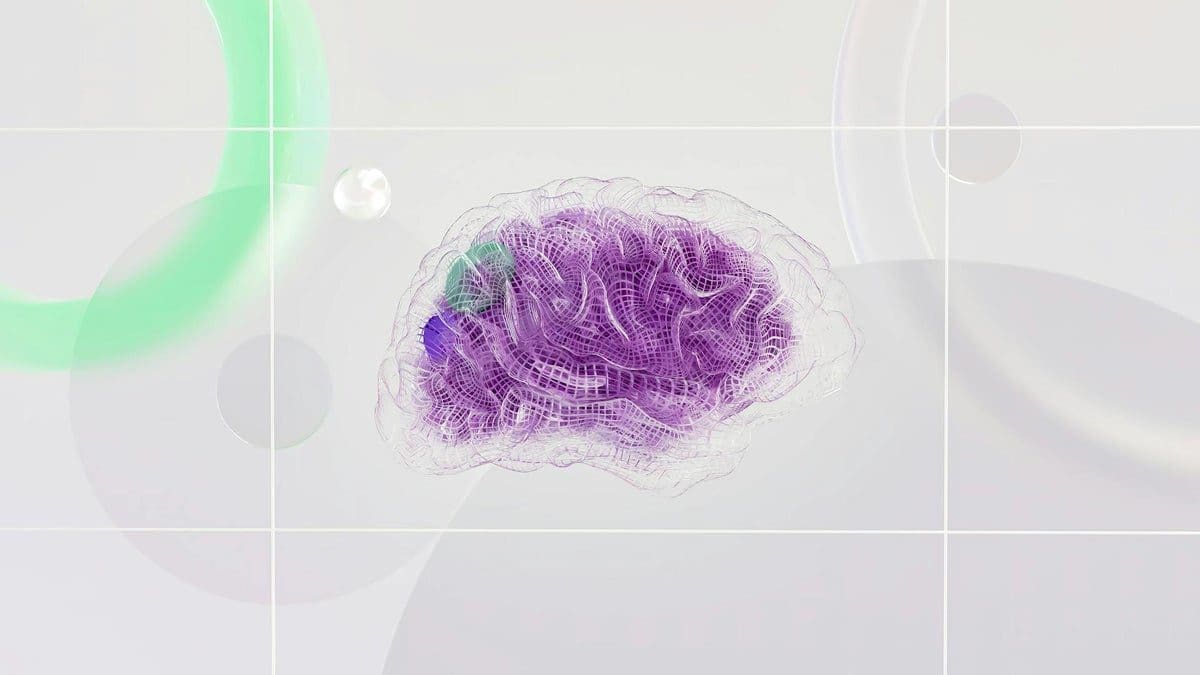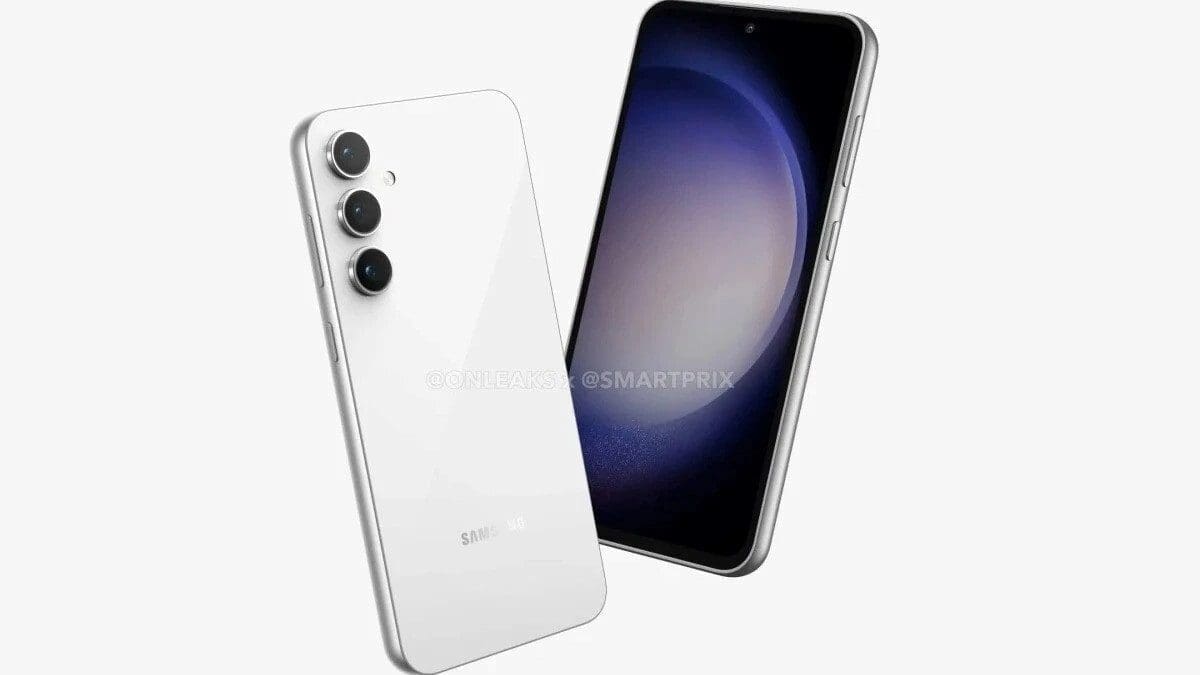In 2024, while flying cars may still be a dream, the incredible advancements in technology are already here. One such groundbreaking development is the implantation of a chip in a human brain, allowing individuals to perform extraordinary tasks simply by thinking about them. One such individual is 29-year-old Noland Arbaugh, the first patient of Neuralink, a neurotechnology company founded by Elon Musk.
Neuralink’s primary goal is to develop implantable brain-machine interfaces (BMIs) that enable direct communication between humans and computers. This technology has the potential to enhance cognitive capabilities, provide solutions for neurological conditions, and integrate artificial intelligence with human cognition.
While the idea of brain-chips may sound like something out of a sci-fi movie, it’s important to acknowledge the potential risks and ethical concerns associated with such advancements. However, for patients like Noland Arbaugh, this technology has been life-changing.
After being paralyzed from the shoulders down due to a diving accident, Arbaugh can now play games like chess and Civilization VI on his laptop using only his mind. The brain-chip implant allows individuals to control a computer cursor or keyboard through their thoughts alone.
Following a successful surgery in January, Arbaugh has fully recovered and can now move a mouse around the screen just by thinking about it. This remarkable progress showcases the potential of Neuralink’s technology in enhancing human capabilities and improving quality of life for individuals with physical limitations.
As we move forward into an era where technology continues to push boundaries and redefine what is possible, it’s important to approach these advancements with caution and ethical considerations in mind. The future holds great promise, but also challenges that must be addressed responsibly.










